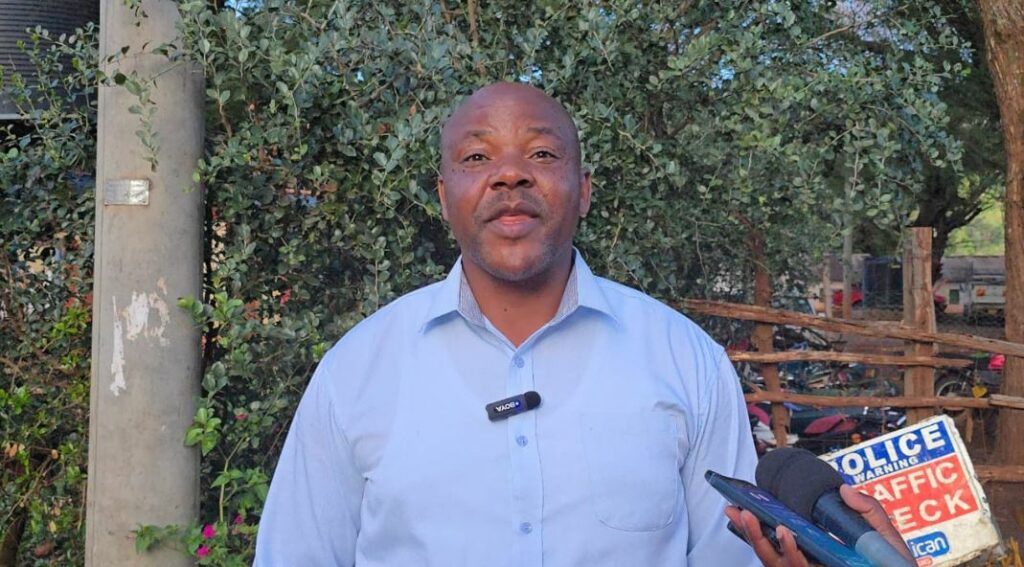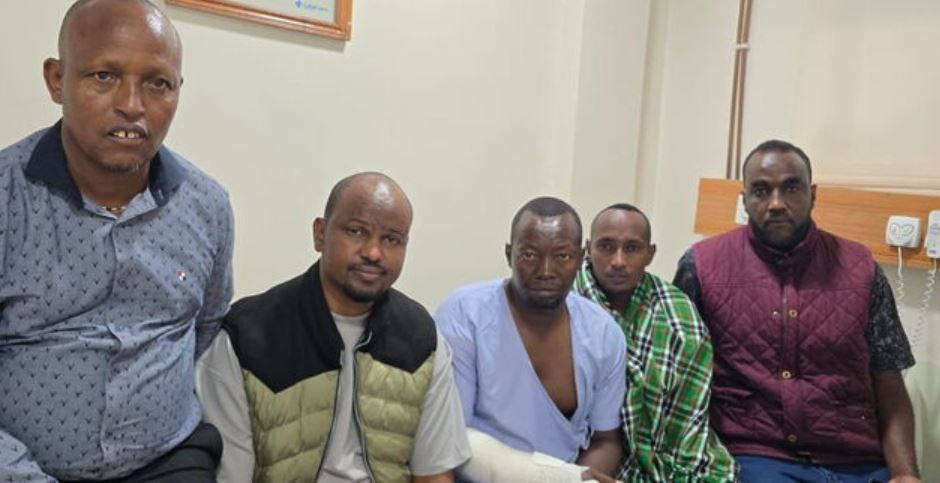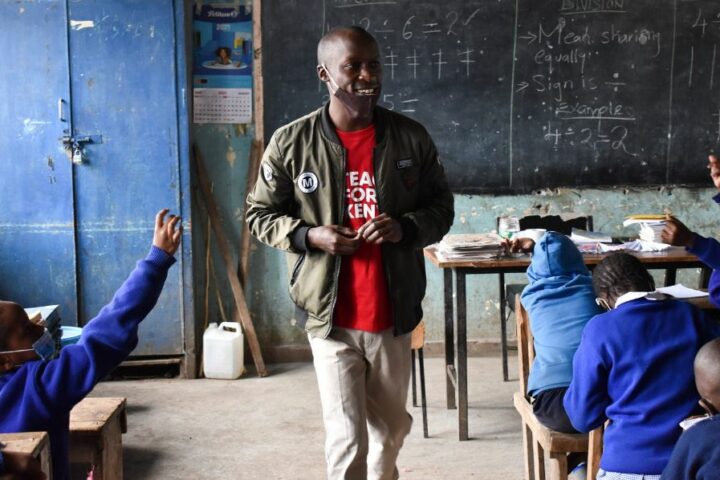 Nominated Member of Parliament Sabina Chege was taken aback by the sight of mud houses in Bungoma during a January burial ceremony for the mother of National Assembly Speaker Moses Wetang’ula and Westlands MP Timothy Wanyonyi.
Nominated Member of Parliament Sabina Chege was taken aback by the sight of mud houses in Bungoma during a January burial ceremony for the mother of National Assembly Speaker Moses Wetang’ula and Westlands MP Timothy Wanyonyi.
Speaking on Spice FM on Thursday, Chege shared her shock at the level of underdevelopment in Bungoma County, noting that such living conditions are rare in Central Kenya, where residents generally enjoy higher standards of living.
“When we attended the burial of the mother of our Speaker of the National Assembly, I was shocked to see that in Bungoma County, there are still many mud houses, and even an entire shopping centre made of mud,” Chege said.
She attributed this stark contrast in development to the income sources available in different regions. In Central Kenya, she explained, cash crops like tea and coffee have played a major role in uplifting local economies, enabling families to improve their livelihoods.
Reflecting on her childhood, Chege highlighted how tea farming shaped her upbringing and provided financial stability for her family.
“We would wake up early before school to pick tea and work late into the evening. We worked very hard. We farmed,” she recalled.
However, she clarified that her observations were not meant to pit one region against another but to highlight the root causes of economic disparities.
Chege shared a personal anecdote about how her mother would often hand her a cheque from tea bonuses to take to school. She emphasized that many families in Central Kenya have long used income from cash crops to uplift their lives.
“The cash crops in Central Kenya have helped people upgrade their lifestyles,” she said, adding that these earnings have enabled residents to secure bank loans and build modern homes.
She pointed out that development disparities are not necessarily due to people’s effort or dedication but rather the type of income-generating opportunities available in different regions. In her view, cash crops have been a driving force behind Central Kenya’s progress, while other regions may struggle due to limited access to similar economic avenues.
Nyanza’s Lack of Development
Sabina Chege at the same time noted that large parts of Nyanza lag behind in development, with residents attributing the situation to their history of being in the opposition.
“When I visited Nyanza, I discovered that many areas lacked clean water. A resident told me they had never had access to clean water because they had always been in the opposition and had never supported the government. This deeply concerns me, even for my own people in Mount Kenya,” Chege stated.
She then posed a thought-provoking question: “Do you want to join the opposition and miss out on the benefits of being in government?”
Chege also put county governors on notice, emphasizing their responsibility to improve the living standards of the people in their regions.
“I do not understand why Turkana still lacks access to clean water, despite having the largest aquifer and receiving substantial county funding every year. Where are the priorities?” she questioned.
She further stressed the urgent need for equitable distribution of national resources to ensure all regions benefit.
“We must acknowledge that other communities exist in this country, and we should distribute resources fairly,” Chege stated.








